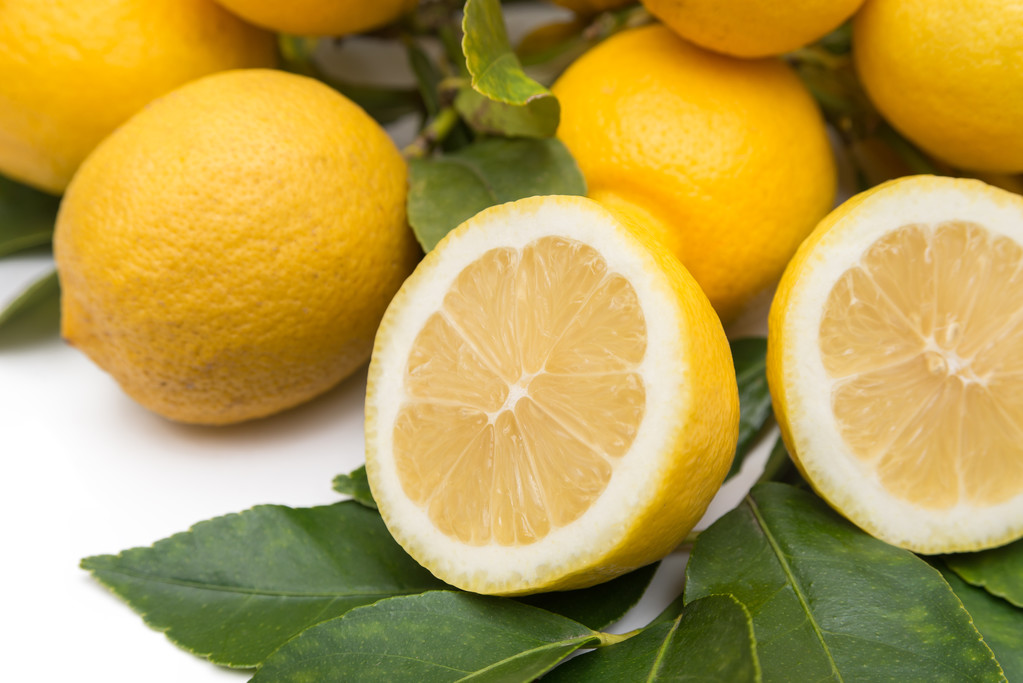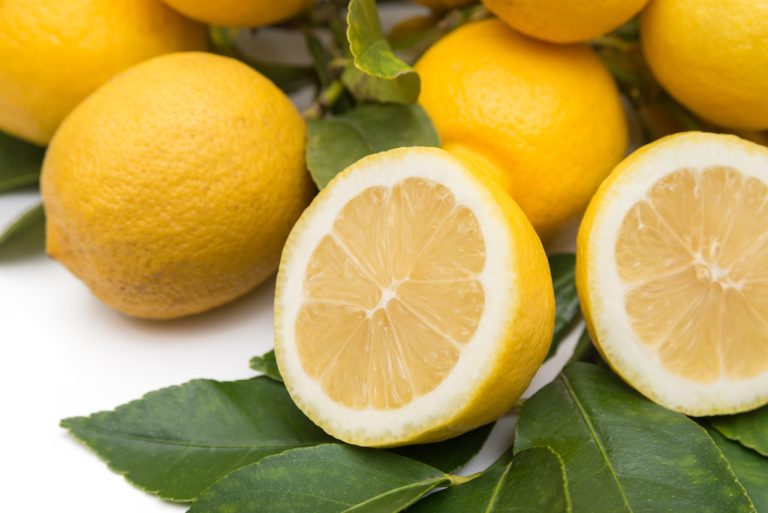Lemons are considered very healthy – not least because they contain a lot of vitamin C. We explain to you what else is in lemons and when they are ripe.
Lemons: The healthy all-rounders
Lemons, which belong to the rue family like grapefruit or orange, are a versatile fruit:
In summer we like to add them to our drinks to give them a fresh, sour taste.
In winter, lemons in the form of a hot lemon are used as a home remedy for colds and to strengthen the immune system.
In the kitchen, you can refine many sweet and savory dishes with lemon juice and zest.
In addition, lemons can neutralize odors in the refrigerator or dissolve limescale as a household remedy.
Tip: Look for an organic seal when buying lemons. This guarantees that the lemons are untreated and that you can use both the zest and the juice.
Are Lemons Healthy? The nutritional values
Lemons have a high water content, which is good for our water balance. The fruits are also low in calories and can therefore help with weight loss. Unlike other types of fruit such as grapes or bananas, they contain little sugar and are therefore healthy.
This is what the specific nutritional values of 100 grams of lemon look like:
29 kilocalories of energy
89 grams of water
0.3 grams of fat
9.3 grams of carbohydrates
2.5 grams of sugar
1.1 grams of protein
2.8 grams of fiber
53 milligrams of vitamin C
26 mg calcium
138 grams of potassium
8 mg magnesium
Lemons: Healthy vitamin C suppliers

The lemon is considered healthy because of its high vitamin C content.
100 grams of lemon contains an average of 50 milligrams of vitamin C and thus covers about half of the daily vitamin C requirement.
A study found that you can prevent kidney stones by drinking lemon water for a long time. Vitamin C helps to stimulate kidney function.
Note: Other foods such as strawberries, blackcurrants, broccoli, Brussels sprouts, kale or cauliflower contain significantly more vitamin C than lemons.
Conclusion: Lemons are considered healthy mainly because of their high vitamin C content. However, there are no precise scientific studies on what effects, for example, an alkaline diet or a lemon juice cure can have on the body. What you should make sure, however, is that you cover your daily vitamin C requirements. Especially in winter or when the immune system is weak, it makes sense to use lemons regularly.

